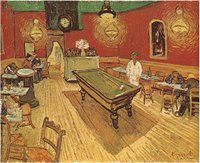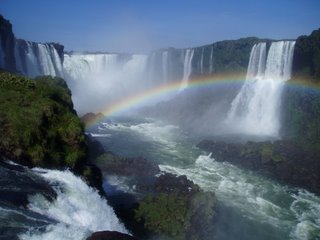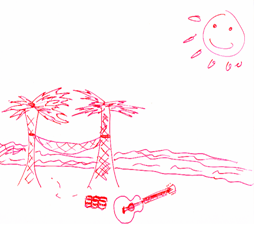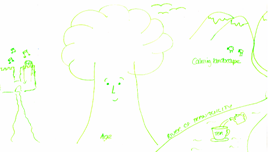Groetjes uit Amsterdam
 Hi Otherworlders,
Hi Otherworlders,For when I were back Sarah asked me to write something on the blog, some reflections on my time at Manchester, the Otherworlds course and what it's like being back home. The first two weeks I didn’t have time for that, I found out that you can be very busy with being back. After that I had to start my (something like a) dissertation, I had a lot to do immediately after I got back. But now I’m kind of settled again, and ready to write something about how it was for me being there where you are all now, and how it is back here, in my ‘old’ world again.
The most striking for me was that it felt like I had never left. That was already that way after a day or two. You just continue the things you did six months ago with the same people, like Manchester never happened. I almost started questioning the point of leaving, but luckily there are always the pictures, about 2000 of them. I was watching them last week and realised that I learnt a lot and met a lot of great people. This week I started thinking more and more about Manchester. Some people that I would like to meet up with, shops and cafes where I would like to go, and then you realise that that’s not possible at the moment. Finally I started to miss Manchester, even breakfasts at OP.
I really enjoyed my courses, inspiring teachers like Michael Bradford, Mark Jayne and off course Sara. Otherworlds was interesting, something different, but it also reminded me why I quit art school (did I really sleep with an unread book under my pillow?). It was also the only
 course where I met some other people than just international students. Being an international student it is very easy to get in contact with other international students, but it is more difficult to get in contact with you: the English student. No offence of course, but you’re not the most open society in the world, I actually can’t tell you if it is anything different in the Netherlands, maybe we’re the same. It was also a pity that the first semester ended so early, you don’t have a lot of time to meet people at the Uni, before you know it, the Chistmas break is there (in Holland that’s only 2 weeks) and that’s it for the lectures.
course where I met some other people than just international students. Being an international student it is very easy to get in contact with other international students, but it is more difficult to get in contact with you: the English student. No offence of course, but you’re not the most open society in the world, I actually can’t tell you if it is anything different in the Netherlands, maybe we’re the same. It was also a pity that the first semester ended so early, you don’t have a lot of time to meet people at the Uni, before you know it, the Chistmas break is there (in Holland that’s only 2 weeks) and that’s it for the lectures.Manchester was great, loved the city centre, the shops, the Northern Quarter. Learned a lot at the university, also that deadlines can be real deadlines (that’s different in Amsterdam). Fallowfield started to feel like home in the end, although if I’m ever going live in Manchester again I think I would prefer another area. The sense of fashion of a large part of the female population I found ‘interesting’ (don’t you English people get cold? Tights and coats are a great invention!), but also a large part of you have a better sense of fashion than the Dutch people. And I think that interesting is also word I would use for your love of green peas, white beans, bacon and deep frying. What I miss over here is the music, there is a lot more good music in England. I also miss the whole atmosphere; I think I liked studying in Manchester as well because of the atmosphere, although it is hard to describe that atmosphere.
Being back is also great. When you live in a city for a short period, you don’t know that many different kind of people. It’s just international students and some English ones. And when you just start to know more nice people, you have to leave already. I like having a diverse group of people around me again, and bumping into people i know on the street, that doesn’t happen when you don’t know that many people, never realised how nice that is. And I like riding my bicycle again, not having to depend on the bus. Sometimes I still expect cars on the left side of the road, and I had to get use to the right escalator going up. Another nice thing is to speak in my own language again, it is still easier to express yourself in your mother tongue. I think my English wasn’t that bad, but even so there was always a kind of fog between me and the person I was talking to. Maybe I should just come back to improve my English more, wouldn’t mind that, l love Amsterdam, but Manchester has become a good runner-up.
Good luck to you all, xx Eva











